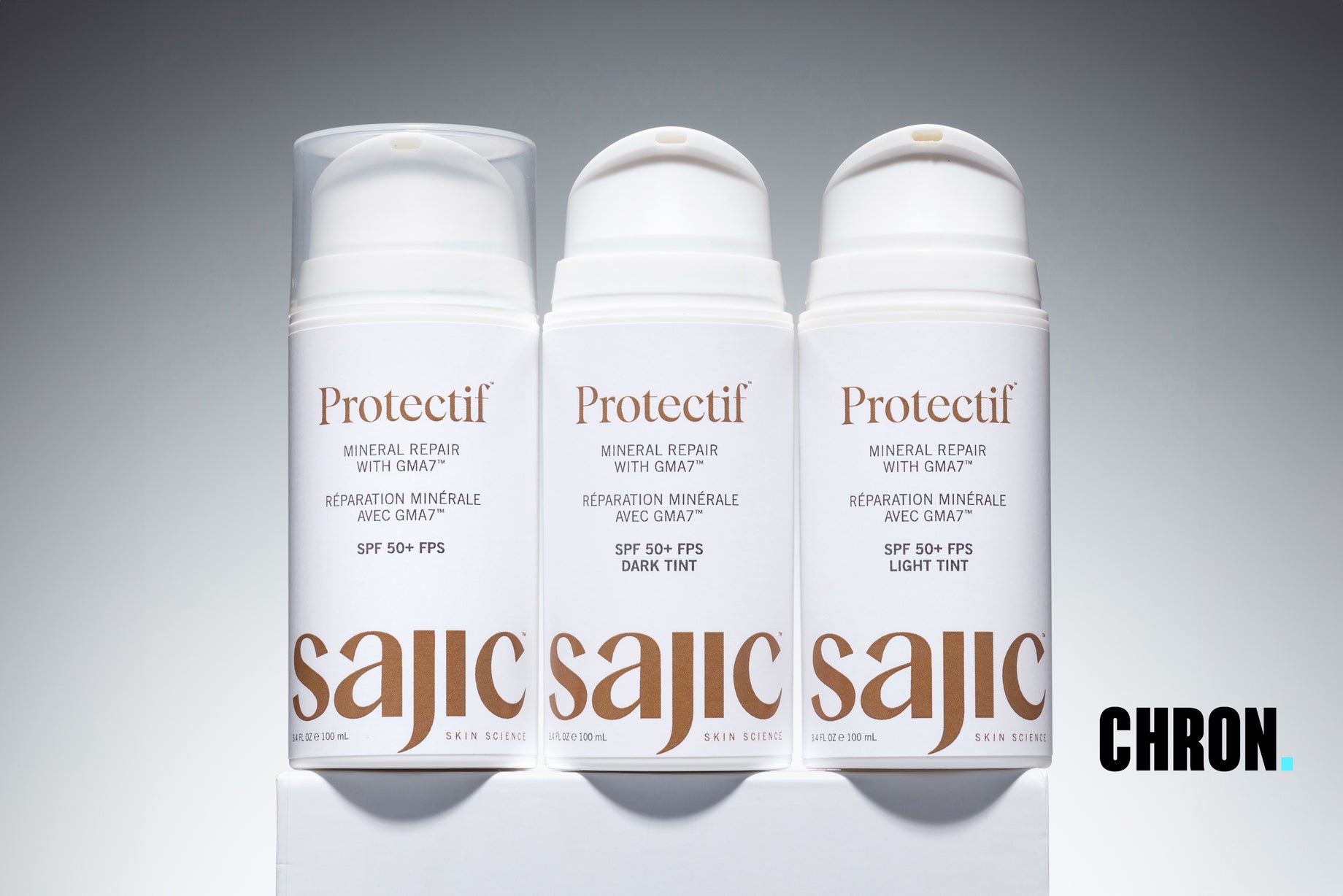Let’s face it: loving the skin you’re in and treating it right can sometimes be an expensive endeavor. Whether your particular poison is laser procedures, microneedling, luxury face masks and creams, or Botox, keeping your skin glowing can be a drain on your wallet — IF you don’t know a few wise ways to cut corners.
Now let it be said that there are places you should never, ever look to save a buck. Back-alley Botox and fillers performed by unqualified practitioners is NOT a place to save money and, aside from the aesthetic issues it can cause, can actually be dangerous. But knowing which skincare products you can buy at the local drugstore and which should stay on shelves is a cost-effective way to maintain a healthy and clear complexion without shelling out three figures every time you invest in a moisturizer or serum.
Dr. Dusan Sajic at Sajic Skin Science and Dr. Shara Cohen, founder and director of Mums In Science, weighed in with their top picks for drugstore skincare products you should leave on store shelves because they’re bad for your skin.
Maximum Strength Acne Treatments
When your face breaks out you may panic. And when you panic, you may begin impulse-buying everything at the drugstore that promises “maximum” fighting power against bacteria and zits. But that’s where you should pause and consider whether your purchase could cause more harm than good to your skin, according to Dr. Sajic.
“One of the categories of products I'm often skeptical about is the 'maximum strength' acne treatments,” Dr. Sajic says. “All OTC products will be much more watered down compared to prescription products so to me this is like saying maximum strength toddler.”
These acne products often contain higher concentrations of active ingredients like benzoyl peroxide or salicylic acid, Dr. Sajic notes — and this isn’t necessarily a good thing. “Although these ingredients can be effective they can complicate your prescription treatments and make you more dry and irritated, leading to both poorer compliance and to a compromised skin barrier and more skin problems down the line,” Dr. Sajic says.
If you’re suffering from acne that’s out of control, a better step is to find a board-certified dermatologist you trust and get to the root cause of your skin issues. If there’s a hormonal issue at hand, for example, a prescription medication may be a better solution. In any case, prescribed topical creams with just the right concentration of an ingredient like retinol can prove more effective for acne, and less damaging and drying to your skin, than an OTC pick.
Read more of the article at She Finds






